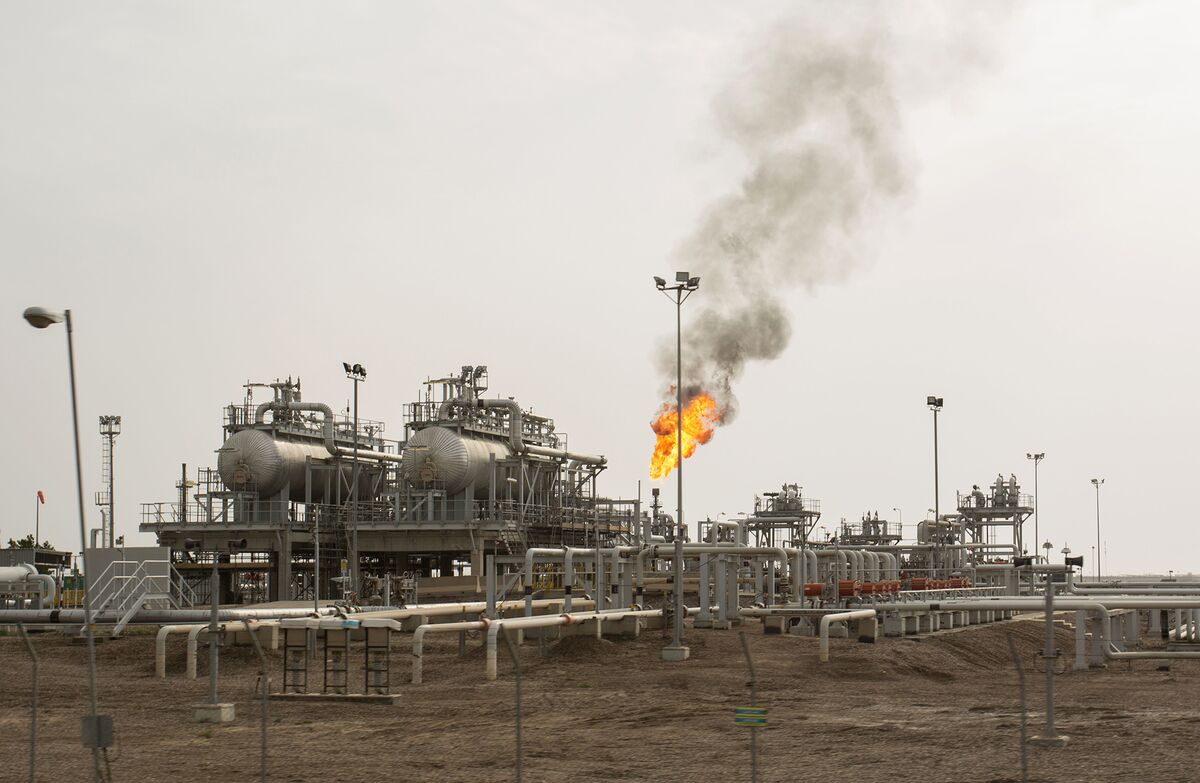Iraq, the second-largest oil producer within the Organization of the Petroleum Exporting Countries (OPEC), threw a wrench into the group's plans by declaring its refusal to agree to further production cuts at the upcoming June meeting in Vienna. This move by Iraqi Oil Minister Hayan Abdul Ghani threatens to disrupt the delicate balance OPEC+, which includes non-OPEC members like Russia, has strived to maintain in the global oil market.
OPEC+ has implemented production cuts since 2023 to stabilize oil prices in the face of fluctuating global demand. While Iraq initially agreed to these reductions, Abdul Ghani argues that the country has already contributed enough and desires to ramp up production. This stance comes despite Iraq exceeding its assigned production quota by over 600, 000 barrels per day in the first quarter of 2024, according to a recent OPEC+ statement.
Analysts believe Iraq's defiance stems from a desire to bolster its war-battered economy. The country boasts vast oil reserves, and increased production translates to much-needed revenue. Additionally, internal pressure from Iraqi oil companies eager to expand their output likely influenced Abdul Ghani's decision.
However, Iraq's stance throws a curveball at OPEC+'s strategy. The group anticipated extending the current production cuts into the latter half of 2024 to maintain price stability. A potential increase in Iraqi output could trigger a price slump, jeopardizing the interests of other member nations reliant on oil revenue.
The upcoming OPEC+ meeting is poised to be a tense affair. Iraq's position will undoubtedly spark debate and require a diplomatic approach to reach a consensus. Other members, particularly those heavily reliant on oil exports, might push back against Iraq's demands. Negotiations could center on potential compromises, such as a smaller production increase from Iraq or a shorter extension of the existing cuts.
The outcome of the meeting will have significant ramifications for the global oil market. If Iraq prevails in its stance, it could trigger a price correction. Conversely, a successful compromise could maintain the current price equilibrium. The oil industry is keenly watching the developments within OPEC+, as the decisions made in Vienna will have a ripple effect across the international energy landscape.

